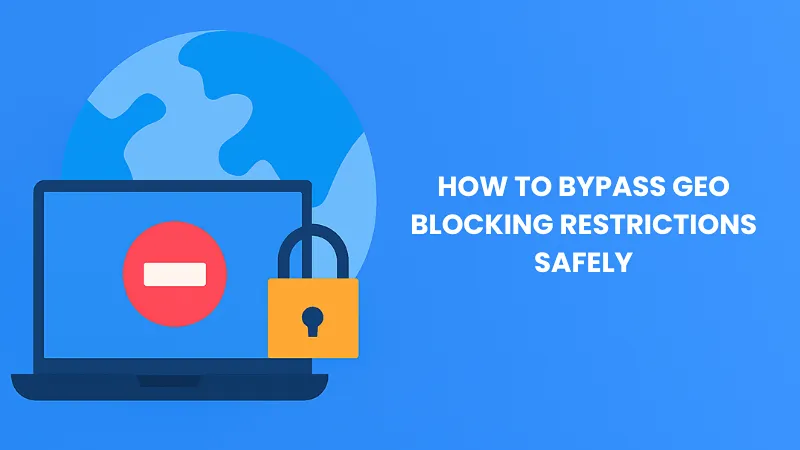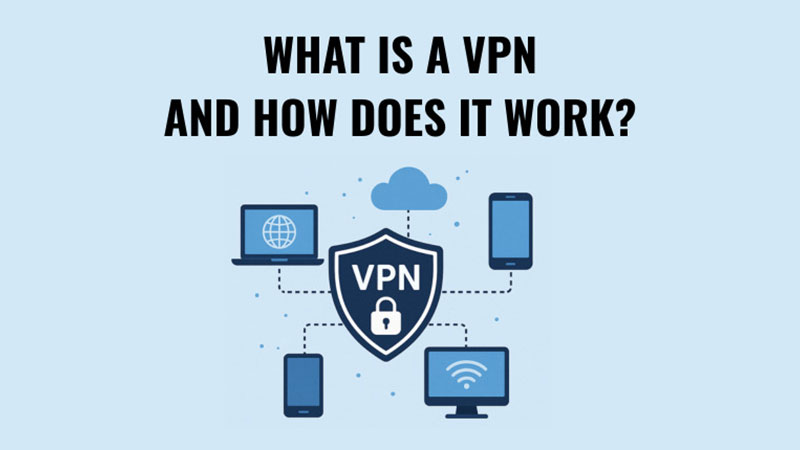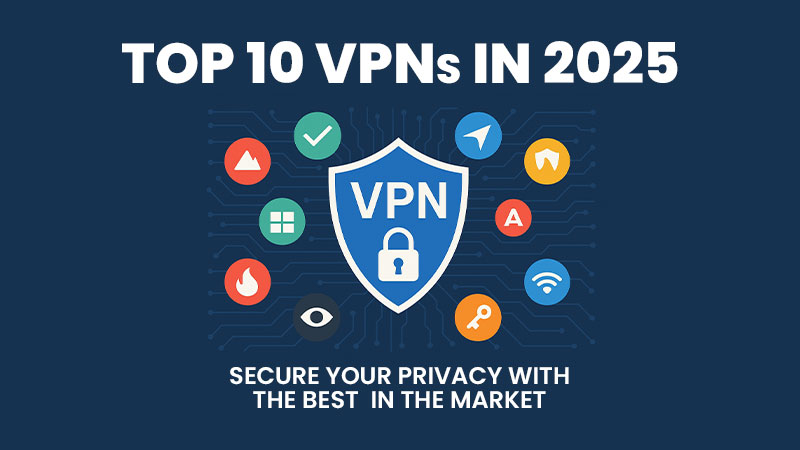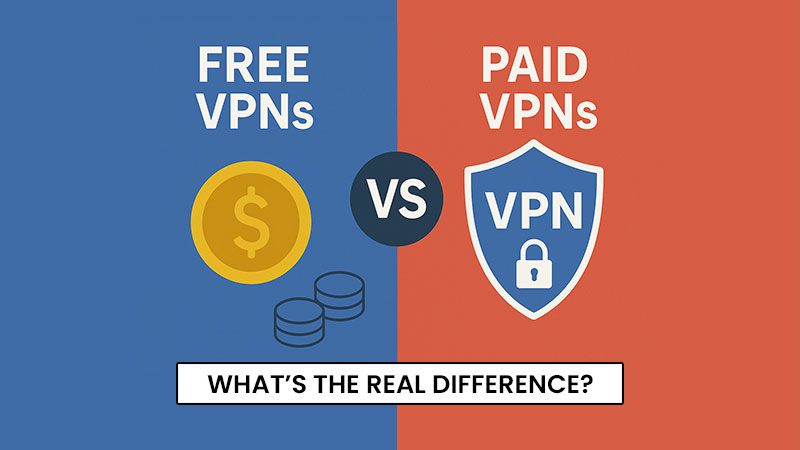Geo-blocking can be frustrating – especially when you’re traveling, working remotely, or trying to access content that’s unfairly restricted based on your location. It can prevent you from watching your favorite shows, accessing critical news sources, or using services you rely on daily. These restrictions often feel arbitrary and can disrupt your workflow, entertainment, or even access to financial tools. Whether it’s streaming platforms, news sites, or important services, learning How to Bypass Geo Blocking Restrictions and understanding how to Bypass Geo Blocking Restrictions safely and legally is important. This guide will walk you through the most effective and privacy-conscious methods to regain access without compromising your security or violating regulations.
What Is Geo-Blocking?
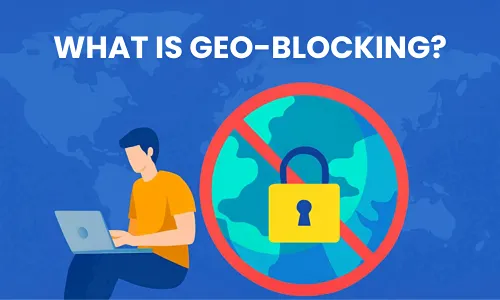
Geo-blocking is a form of digital censorship that restricts access to online content based on your geographic location. It works by detecting your IP address and determining your country or region, then allowing or denying access accordingly. This practice is widely used by streaming platforms, e-commerce websites, government agencies, and financial institutions to control who can view or interact with specific content.
For example, you might find that a video on YouTube is unavailable in your country, or that certain items on an online store are priced differently depending on where you’re browsing from. In more restrictive regions, geo-blocking can even prevent access to independent news outlets or important communication tools.
Understanding Geo-Blocking is the first step toward reclaiming your digital freedom. When you learn how to Bypass Geo Blocking Restrictions, you empower yourself to access global content, stay informed, and maintain your privacy. Whether you’re traveling, working remotely, or simply seeking fair access, knowing how to Bypass Geo Blocking Restrictions safely and legally is important in today’s interconnected world.?
Geo-blocking is a digital restriction technique that limits access to websites, apps, or content based on your geographic location. It’s commonly used by:
- Streaming services (Netflix, Hulu, BBC iPlayer)
- E-commerce platforms (price discrimination)
- Government or corporate firewalls
- Online banking and financial service
Why Safety and Legality Matter
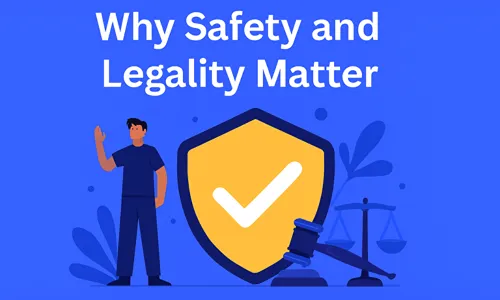
When attempting to Bypass Geo Blocking Restrictions, it’s important to prioritize safety and legality. Geo-Blocking is often enforced by governments, corporations, and content providers to comply with licensing agreements, censorship laws, or regional regulations. Circumventing these restrictions without proper precautions can lead to serious consequences.
Risks include:
- Legal issues — You may violate terms of service, copyright laws, or even national regulations depending on your location.
- Privacy breaches — Using unverified tools to Bypass Geo Blocking Restrictions can expose your personal data, especially on unsecured networks.
- Cyber threats — Free or shady proxy services often inject malware, track your activity, or lure you into phishing scams.
To safely navigate Geo-Blocking, always use trusted, privacy-first tools like reputable VPNs or Smart DNS services. Ensure you’re aware of the legal implications in your country and avoid any method that compromises your digital rights or security. Responsible use of technology not only helps you Bypass Geo Blocking Restrictions effectively but also protects your identity and keeps your online activity lawful.
Safe Ways to Bypass Geo-Blocking
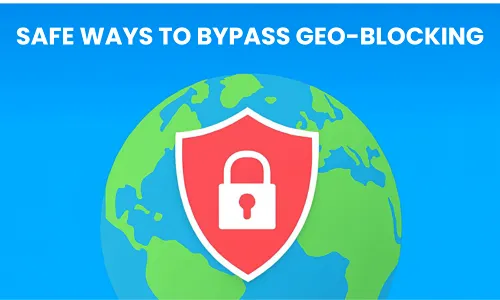
Geo-blocking restricts access to digital content based on your geographic location. Whether you’re a traveler, journalist, student, or privacy advocate, bypassing these restrictions safely and legally is important. Here are the most reliable methods:
Use a Reputable VPN to Bypass Geo Blocking Restrictions
A VPN (Virtual Private Network) is one of the most effective tools to bypass geo blocking restrictions. It works by encrypting your internet traffic and routing it through a server in a different country, allowing you to appear as if you’re browsing from that location.
- Mask your IP address: VPNs hide your real IP address, making it difficult for websites and services to determine your actual location.
- Bypass Geo-Blocking: By selecting a server in a country where the content is available, you can access streaming platforms, news sites, and services that are otherwise restricted.
- Choose a reputable provider: Look for VPNs with a strict no-logs policy, strong encryption standards (like AES-256), and a wide range of server locations.
- Avoid free VPNs: Many free services compromise privacy, inject ads, or have limited server options that may not effectively bypass geo blocking restrictions.
- Check for streaming support: Some VPNs offer optimized servers for platforms like Netflix, Hulu, BBC iPlayer, and Disney+, ensuring smoother access to geo-restricted content.
Using a VPN is legal in most countries, but accessing geo-restricted content may violate platform terms of service. Always check local laws and service agreements before attempting to bypass geo blocking restrictions.
Tor Browser to Bypass Geo Blocking Restrictions
The Tor Browser is a powerful tool designed to protect anonymity and circumvent censorship. It routes your internet traffic through a decentralized network of volunteer-operated servers (nodes), making it extremely difficult to trace your online activity or location.
- High-level anonymity: Tor is ideal for users who prioritize privacy over speed, such as journalists, researchers, and activists operating in restrictive environments.
- Bypass Geo-Blocking: While not designed specifically for streaming, Tor can help bypass geo-blocking restrictions on websites that don’t rely heavily on location-based streaming protocols.
- Multi-layered encryption: Your data is encrypted multiple times and passed through several nodes, ensuring robust protection against surveillance.
- No need for installation: Tor Browser is portable and can be run from a USB stick, making it useful for secure browsing on shared or public computers.
Smart DNS Services

Smart DNS reroutes only specific parts of your traffic (like DNS requests), allowing faster access to geo-blocked content without full encryption.
- Great for streaming platforms like Netflix, Hulu, or BBC iPlayer.
- Less secure than VPNs, but faster and easier to configure.
Smart DNS does not encrypt your data, so it’s not suitable for sensitive browsing.
Proxy Servers (Limited Use)
Proxies act as intermediaries between your device and the internet, masking your IP address.
- Useful for basic browsing or accessing blocked websites.
- Not recommended for secure tasks like banking or confidential communication.
Many proxies are unreliable or log user activity. Avoid public or free proxies unless vetted.
Mobile Data Tethering
Switching from Wi-Fi to mobile data may bypass local network restrictions.
- Helpful in hotels, schools, or workplaces with strict firewalls.
- Not a long-term solution for geo-blocking, but useful in a pinch.
frequently asked questions
A: It depends on local laws and the service’s terms. Using a VPN for privacy is legal in many places, but accessing content in violation of provider terms or copyright law may be prohibited.
A: Free VPNs often have limits and may sell user data, inject ads, or be less secure. Paid, audited providers are the safer choice.
A: Some providers patrol for VPN IPs and may restrict access or warn users. Review the service’s policy and consider contacting support for official options.
A: Smart DNS is often faster because it doesn’t encrypt traffic, but it offers less privacy. VPNs encrypt your connection and provide better privacy but can be slower.

